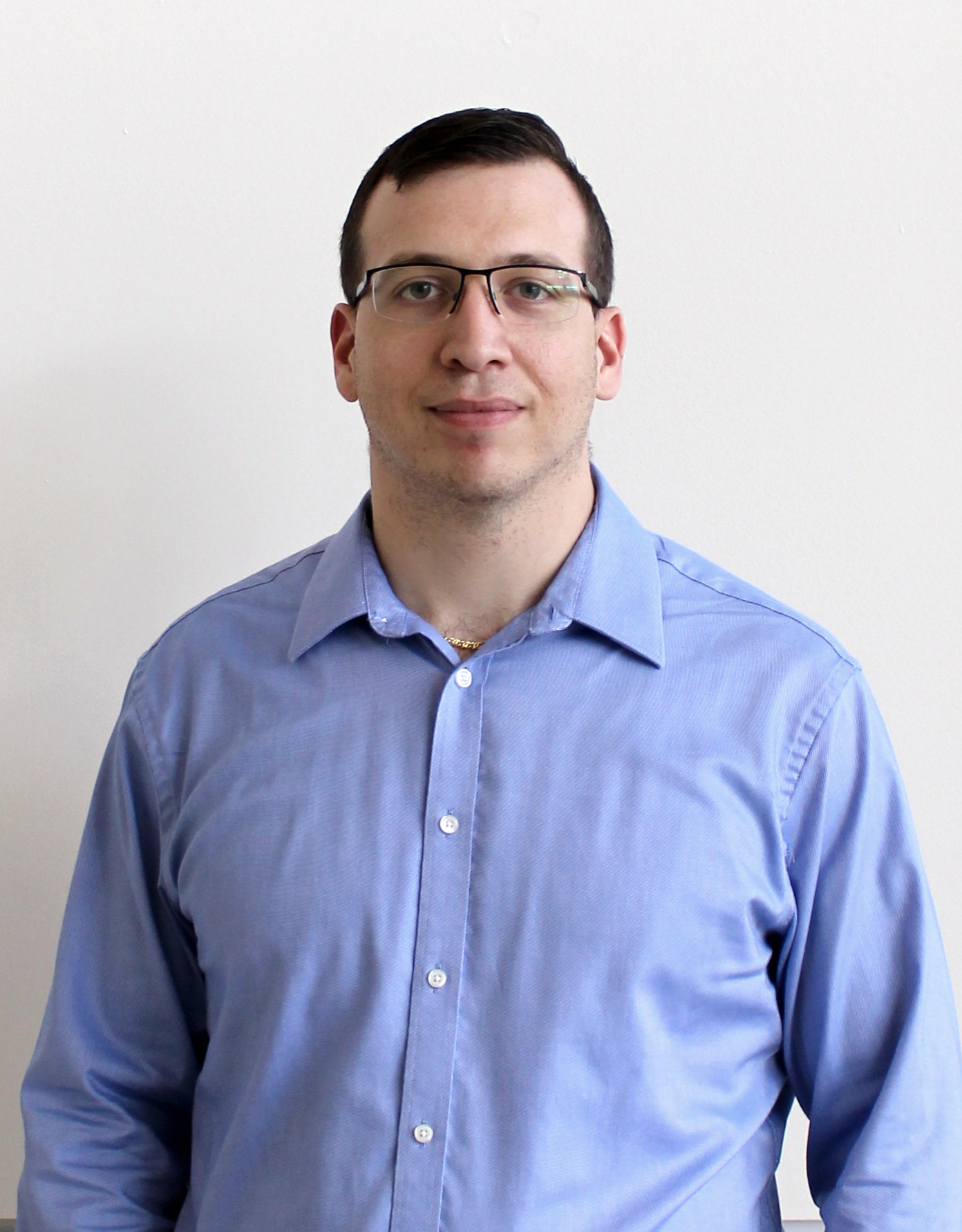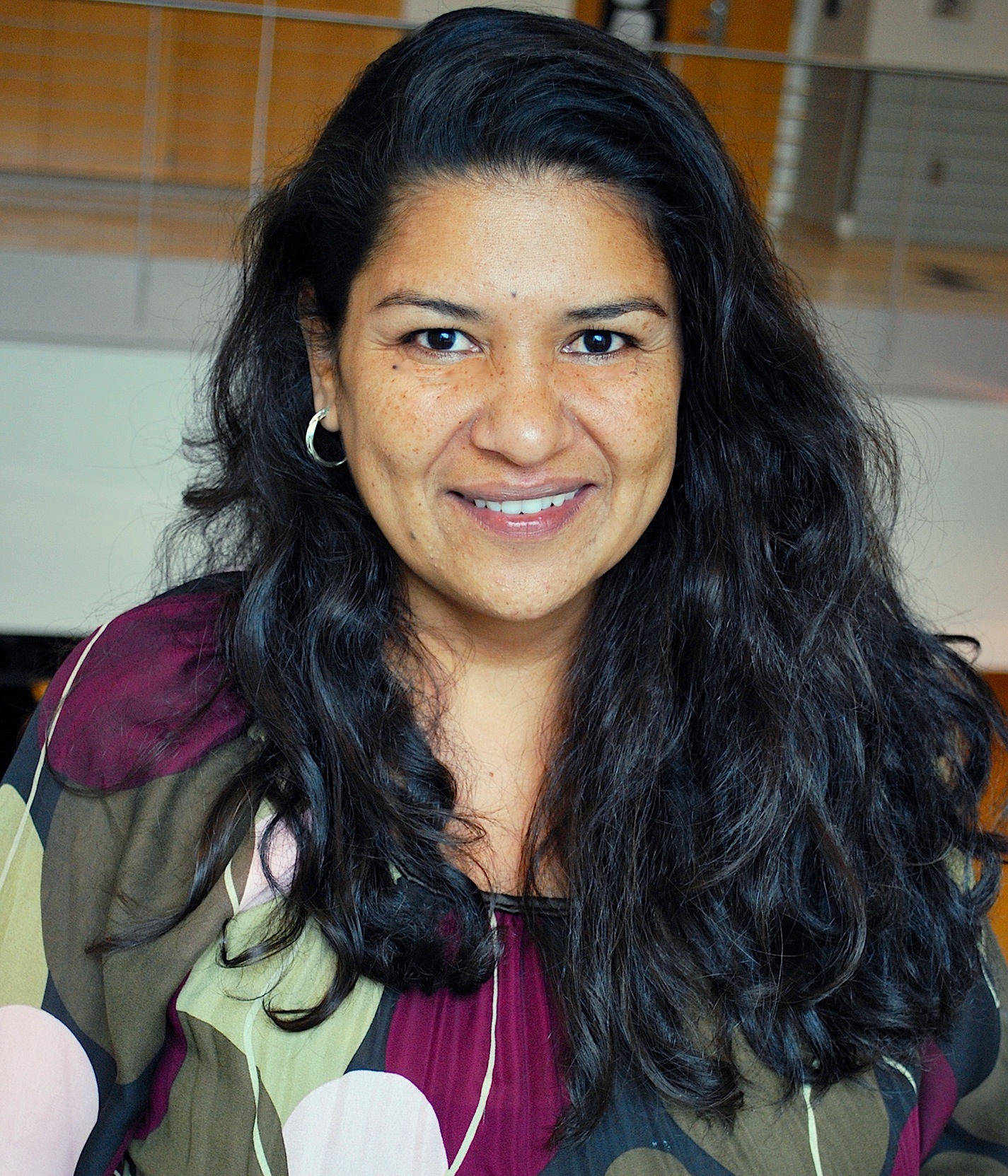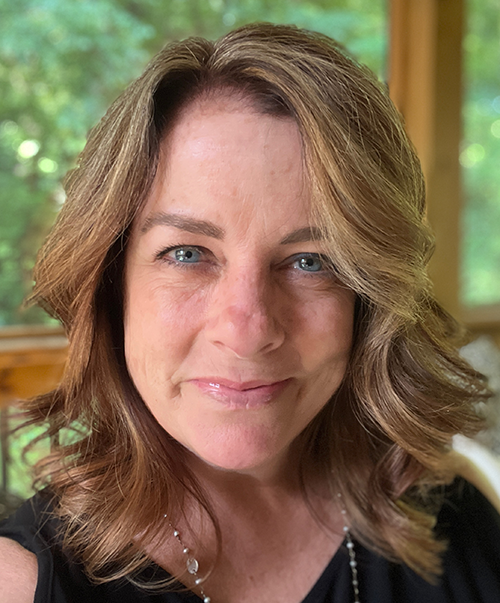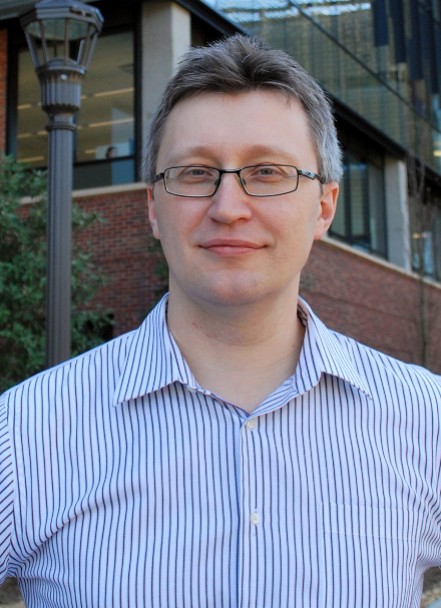Julie Swann
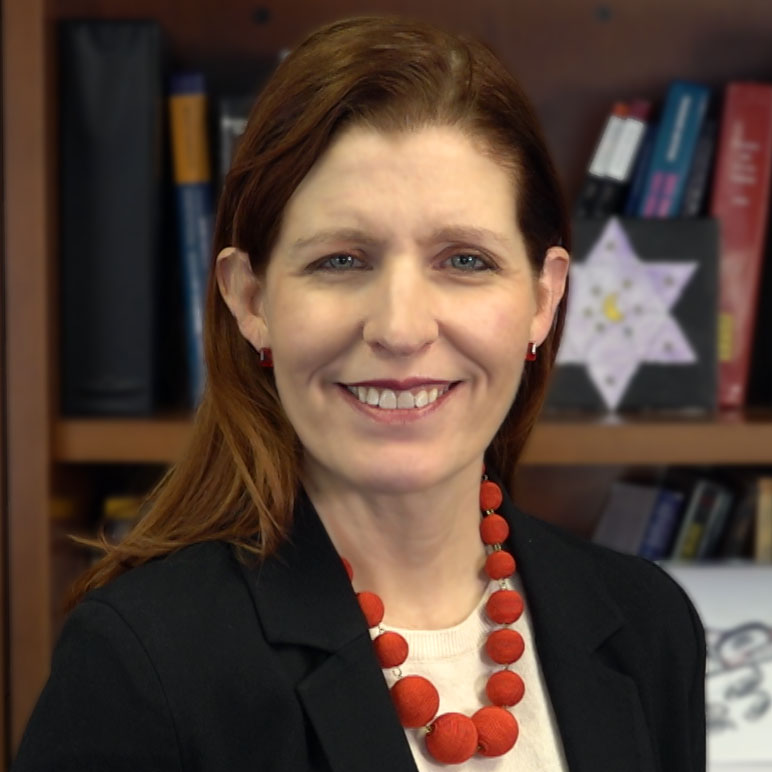
Julie Swann is the department head and A. Doug Allison Distinguished Professor of the Fitts Department of Industrial and Systems Engineering. She is an affiliate faculty in the Joint Department of Biomedical Engineering at both NC State and the University of North Carolina at Chapel Hill. Before joining NC State, Swann was the Harold R. and Mary Anne Nash Professor in the Stewart School of Industrial and Systems Engineering at the Georgia Institute of Technology. There she co-founded and co-directed the Center for Health and Humanitarian Systems (CHHS), one of the first interdisciplinary research centers on the Georgia Tech campus. Starting with her work with CHHS, Swann has conducted research, outreach and education to improve how health and humanitarian systems operate worldwide.
Swann is a research leader in using mathematical modeling to enable supply chain systems and health care to become more efficient, effective, or equitable. Recent collaborations have been to quantify the return on public investments to improve pediatric asthma, plan for infectious disease outbreaks, analyze administrative claims data from Medicaid patients across the US, and design systems with decentralized decision-makers.

